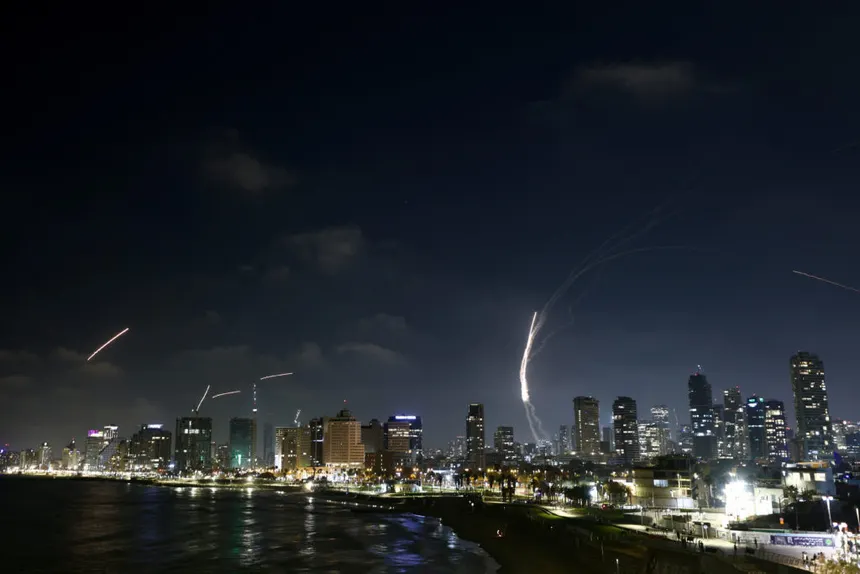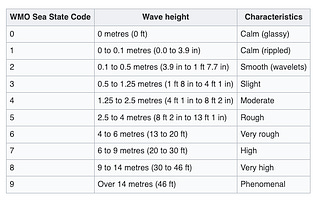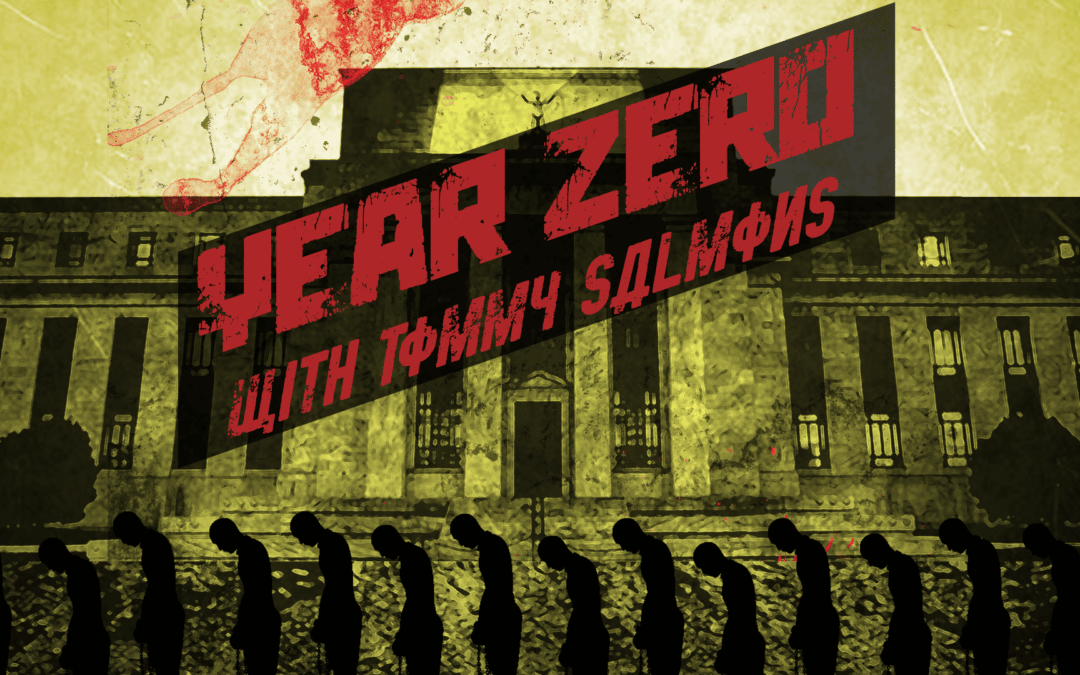Sirens don’t always sound before a war—sometimes the warning is a bland memo telling diplomats to pack. We open with the U.S. pullback of non‑emergency staff from Israel and track how similar moves in Lebanon and likely elsewhere signal more than routine caution. From there, we map the fault lines in the Iran talks: Oman’s shuttle diplomacy, Tehran’s offer to dilute 60 percent uranium in exchange for real sanctions relief, and Washington’s push for a forever framework with stockpile transfer. When “progress” headlines collide with uncompromising demands, the math points one direction—toward force.
We challenge the claim that Iran “won’t say no nukes” by pulling the public statements and the religious decree that prohibit nuclear weapons, then set that against the hard lesson of deterrence from Iraq, Libya, and nuclear‑armed North Korea. Add in a persistent myth about EFPs in Iraq being “made in Iran,” and you get a narrative built to justify strikes rather than to solve a problem. We explain how these talking points, repeated often, become premises for action, and why a strike would likely trigger missile salvos that overwhelm defenses, hit U.S. positions, and drag Israel into a wider fight.
Power without process is a theme throughout. We press the missing question to the presidency: where is the congressional authorization for a new Middle East war? A real vote could slow or stop escalation, yet media and political opponents remain quiet. The show widens to Cuba, where intensified sanctions aim to force internal change, and to the AI front, where the U.S. moved to cancel contracts with Anthropic after the company resisted military targeting and mass surveillance uses. That confrontation reveals how quickly advanced tech can be bent to state aims when guardrails are treated as disobedience.
Podcast: Play in new window | Download



![The Kyle Anzalone Show [GUEST] Dave DeCamp: BREAKING: Tucker Carlson detained in ISRAEL! – Trump’s Iran Strategy Exposed!](https://offload-wp-files.sfo3.digitaloceanspaces.com/2026/02/Screenshot-2026-02-27-115531.png)











